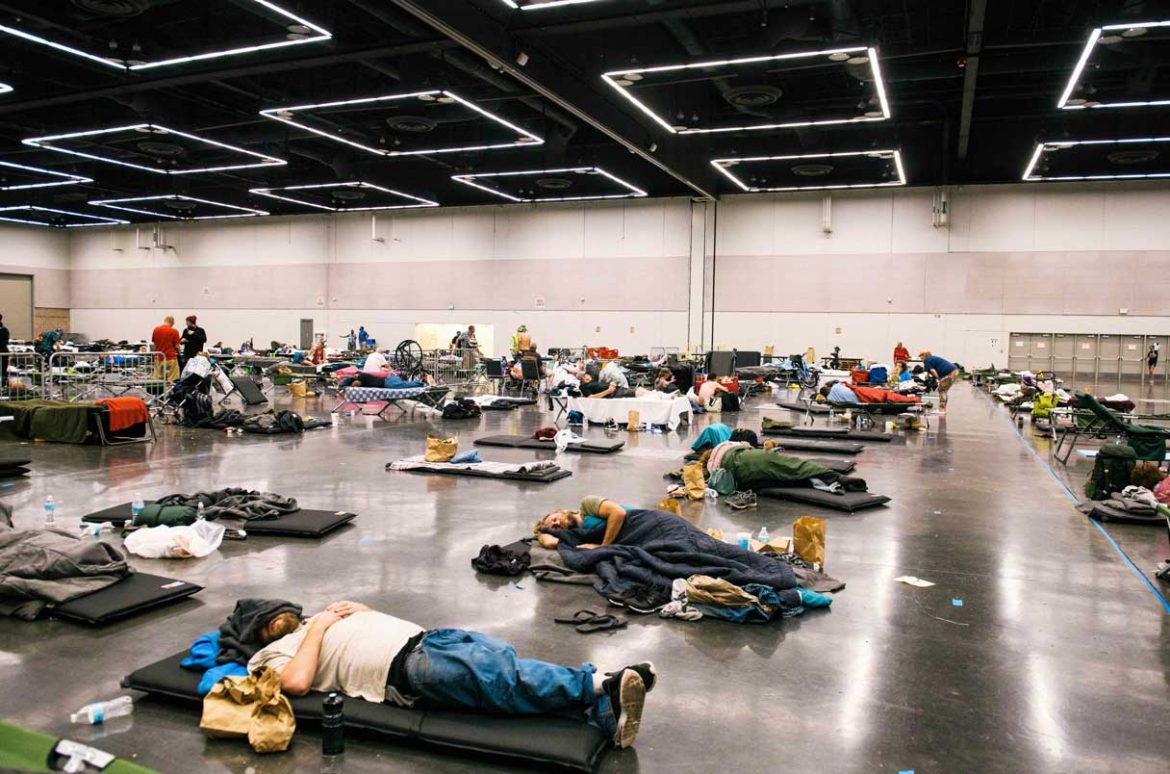A new study conducted by the BC Centre for Disease Control suggests people with schizophrenia may be at higher risk of death during extreme heat events.
Published in the journal GeoHealth, the study looked at the more than 600 deaths recorded during the 2021 heat dome and compared the prevalence of 26 chronic conditions among those who died during the time with people who died over the same period in the previous nine years.
“The risk for people with schizophrenia tripled during the heat dome compared to those typical summer periods,” said Michael Lee, an environmental epidemiologist with the BCCDC.
Although the study does not allow researchers to make conclusive statements about why those death occurred, Lee said, it has allowed them to develop several hypotheses.
Read also: Disagreement over science stalls key UN climate report
“Mental illnesses and schizophrenia are often associated with social isolation and lower socioeconomic status, both of which we know are important risk factors for dying during extreme heat,” Lee said.
“Schizophrenia and other mental health conditions are often treated with antipsychotic and antidepressant medications, some of which are known to affect body temperature regulation.”
He added that many people with schizophrenia also suffer from a condition called anosognosia, which prevents a person from perceiving their own health status, meaning many may not have realized they were overheating.
The study also found links between depression and deaths during the heat dome. People with depression accounted for 41 per cent of deaths during the control period, while during the heat dome they made up nearly 60 per cent of deaths.
Lee said the study shows the need to improve access to cool indoor air and to increase community support networks for people with mental illness and other vulnerable British Columbians.
He said it’s up to everyone to reach out to those who are vulnerable in their communities to help make sure they understand the risks and have a plan to stay cool during extreme weather.
Story was adapted from Global News.
